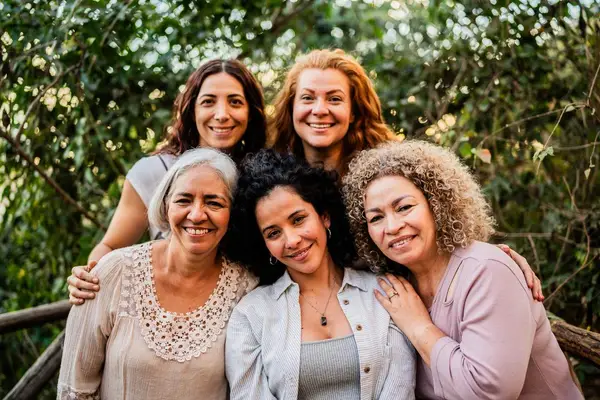Hi, I'm here to talk to you about resources that are available for women with metastatic breast cancer. Metastatic breast cancer, sometimes called MBC, is stage 4 breast cancer. This occurs when cancer cells have spread beyond the breasts and into the distant areas of the body like the bones lungs and liver.
This advanced stage of cancer isn't curable, but there are treatments that can help slow the cancer and allow women to live longer while also improving their quality of life. In addition to medical treatments, other types of resources can help people who are living with MBC. Let's take a look at some of the options that are available.
Having metastatic breast cancer can be a very difficult experience to go through alone, but there are support groups that can help these groups give women the opportunity to connect with others who have the same disease and help them to feel like they're not alone.
There are support groups that you can attend that meet in person as well as virtual groups that let you connect with others from the comfort of your own home. These groups give women a great way to share best practices with others and to talk to someone beyond their family and friends who understands what they're going through because of a similar personal experience.
Women should speak to their healthcare providers before starting any exercise program, but staying active can be a great way to help women diagnosed with metastatic breast cancer feel their best. Certain organizations across the country, like Pink Ribbon 360 and Cancer Wellness for Life, offer workout programs geared specifically toward women with metastatic breast cancer.
These can be group classes or individual training and are offered in person as well as virtually.
Taking some mindful moments can be great for helping people cope with MBC. Research has found that meditation and survivorship education can ease symptoms of depression and help reduce fatigue and sleep problems in people with breast cancer. Some programs offer classes tailored to women with stage 4 breast cancer, but you can also join a local mindfulness meditation group or practice the techniques at home by following a guided meditation that you find on YouTube or through a mindfulness app
Learning about the services that are out there for people with MBC can help them feel more empowered and supported. This includes information about dietary recommendations, lifestyle changes and clinical trials. Financial support services are also available, as well as palliative care.
Patient navigators can help with everything from arranging transportation for treatments to navigating language barriers and finding social support and culturally appropriate resources.
To find these services, ask your healthcare provider for a referral. You can also find resources for MBC supportive care on websites like breastcancer.org, lbbc.org, Komen.org, CancerCare.org and METAviver.org. When it comes to living with metastatic breast cancer, having the right support can make a huge difference in your quality of life.
For more information please visit healthywomen.org.
This resource was created with support from Merck.
- Advanced Breast Cancer Support Group Finder ›
- Where Metastatic Breast Cancer Can Spread in the Body ›
- Metastatic Breast Cancer Treatment Was Destroying My Spirit — Until I Tapped Into My Colombian Roots and Alternative Medicine ›
- Building a Dream Team to Fight Metastatic Breast Cancer ›
- Metastatic Breast Cancer ›
- List of Breast Cancer Resources - HealthyWomen ›
- What is metastatic cancer? - HealthyWomen ›







